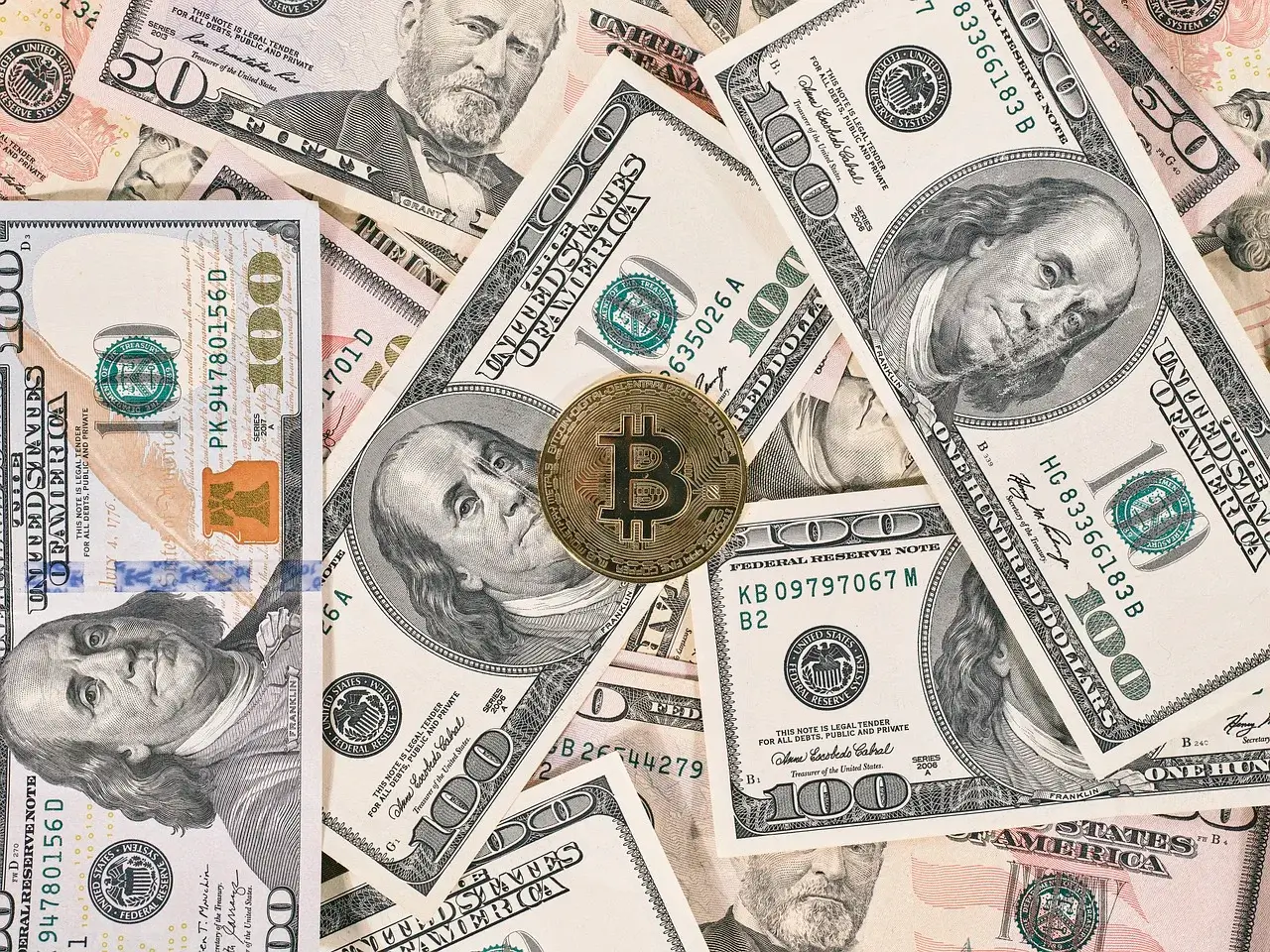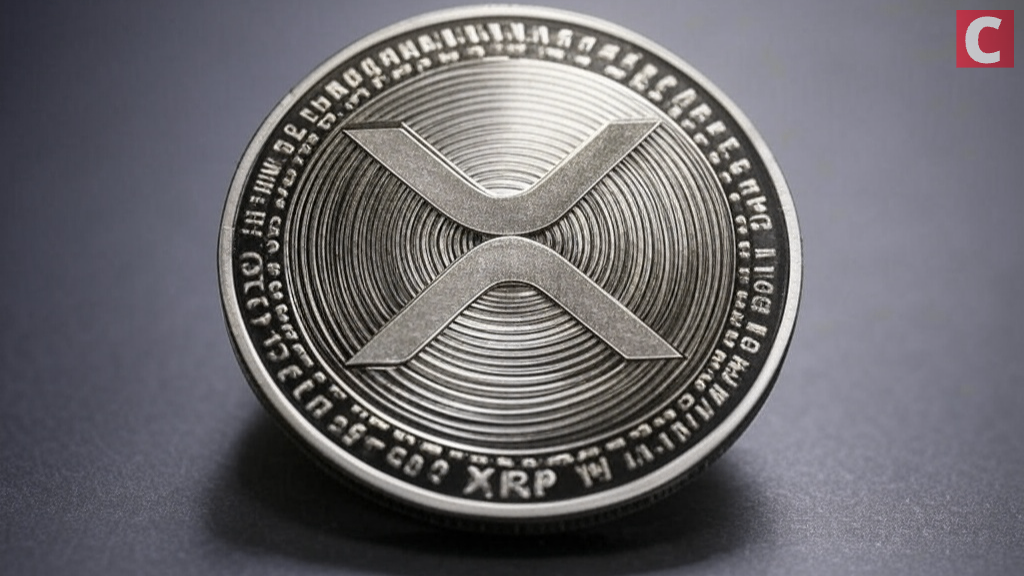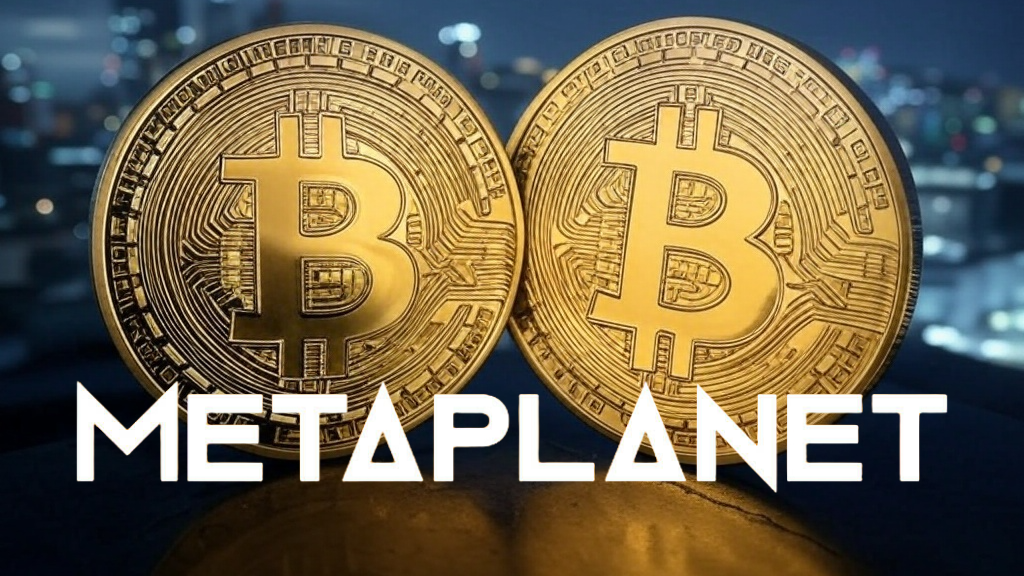The Shifting Tides of Global Currencies: Is Bitcoin Set to Dethrone the US Dollar?
In the ever-evolving world of finance, the dominance of the US Dollar (USD) as the global reserve currency has been a constant. However, recent developments have financial leaders questioning the sustainability of this status quo. For the first time, Bitcoin (BTC), the decentralized digital currency, is entering the conversation in a serious way.
Historical Context: The US Dollar’s Reign
Since the end of World War II, the US Dollar has held the position of the world’s primary reserve currency. This status was solidified with the Bretton Woods Agreement in 1944, which pegged world currencies to the USD and established the International Monetary Fund (IMF) and the World Bank. The USD’s role as the global reserve currency has provided several advantages, including the ability to issue debt in its own currency, influencing global monetary policy, and maintaining financial stability.
Challenges to the US Dollar’s Dominance
Despite these advantages, the US Dollar’s position is not without challenges. The growing US national debt, inflation concerns, and geopolitical instability are some factors that have led to a reevaluation of the USD’s role as the global reserve currency. Additionally, the rise of other global powers, such as China, has led to a push for alternatives to the USD.
Enter Bitcoin: A New Contender
Bitcoin, a decentralized digital currency, was created in 2009 by an unknown individual or group using the pseudonym Satoshi Nakamoto. Bitcoin operates on a decentralized network, making it immune to government control and manipulation. Its finite supply of 21 million coins, combined with its decentralized nature, has led some to view it as a potential alternative to the US Dollar as a reserve currency.
Impact on Individuals: A New Investment Frontier
For individuals, the potential shift in the global reserve currency could mean new investment opportunities. As more institutions and governments consider adding Bitcoin to their reserves, its value could increase significantly. Additionally, the decentralized nature of Bitcoin could provide greater financial privacy and security compared to traditional fiat currencies.
Impact on the World: Geopolitical Implications
On a larger scale, the potential shift from the US Dollar to Bitcoin as the global reserve currency could have significant geopolitical implications. It could lead to a decentralization of global finance, reducing the influence of governments and financial institutions. Additionally, it could lead to a shift in global power dynamics, with countries like China and Russia potentially benefiting from a weaker US Dollar.
Conclusion: A New Era in Global Finance
The possibility of Bitcoin challenging the US Dollar’s status as the global reserve currency is an exciting development in the world of finance. While it remains to be seen whether Bitcoin will ultimately succeed, it is clear that the conversation around alternative currencies is gaining momentum. As individuals and institutions consider the potential implications of this shift, it is essential to stay informed and prepared for the changes that may come.
- Understand the historical context of the US Dollar’s dominance as the global reserve currency
- Evaluate the challenges to the US Dollar’s position and the potential role of Bitcoin as an alternative
- Consider the impact on individuals and the world in terms of investment opportunities and geopolitical implications





